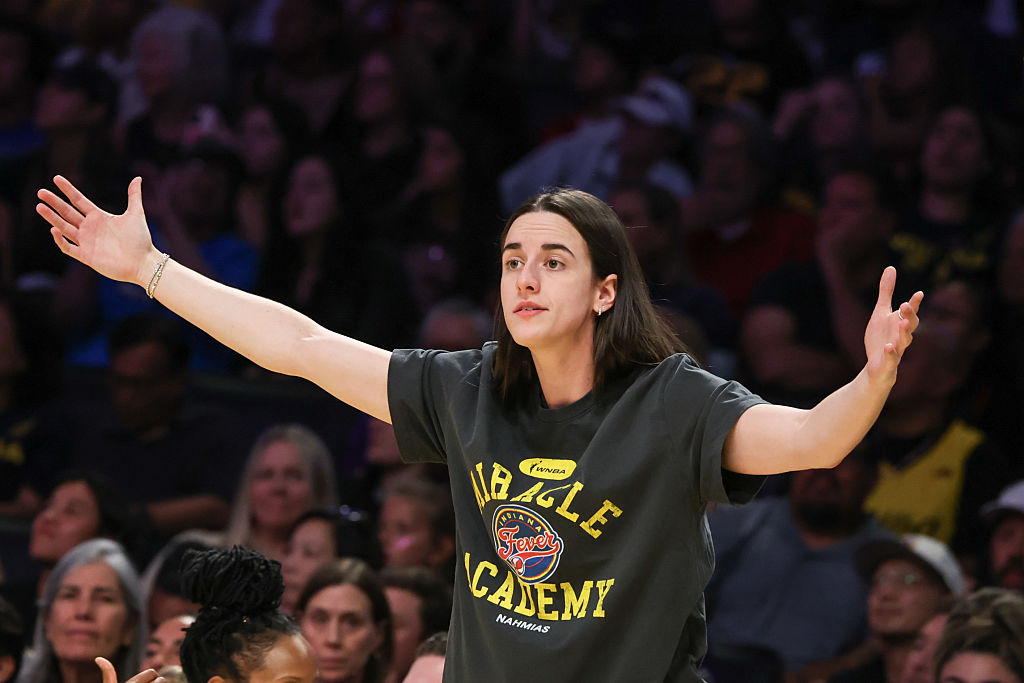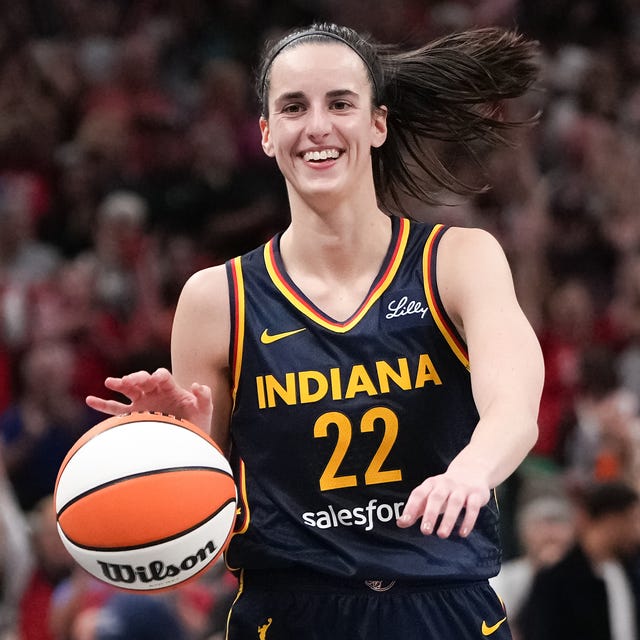Angel Reese’s “crazy” outburst on NBA 2K has just exposed a deep rift within the WNBA, a terrible mindset for female players
In the high-stakes, high-glamour world of professional basketball, the battles are no longer just fought on the hardwood. In the digital age, a new arena has emerged, where a player’s value and their legacy are now decided by a single number. And in a stunning and unprecedented development that has sent a shockwave through the WNBA, one of its brightest stars, Angel Reese, is at the center of a new controversy, reportedly left “enraged” after a heated confrontation over her virtual identity. A new report claims that the video game developers for the highly anticipated new edition of NBA 2K have denied her a perfect 99 overall rating, a request she had allegedly been pushing for to reflect what she believes is her unrivaled impact on the sport.

The report, which has been widely circulated and discussed, suggests that Reese, who has captivated millions with her fierce on-court persona and an undeniable star power, felt that her influence and her ability to drive the league’s popularity warranted the highest possible score. She is, after all, a player who has brought a level of cultural relevance to the WNBA that is almost impossible to quantify. She is a viral sensation, a cultural icon, and a ratings magnet all in one. But for the developers at NBA 2K, her off-court influence was apparently not enough. When they reportedly refused to grant her a 99 overall rating, the report claims she was left furious, leading to an explosive statement that has since gone viral.
“They play because of me too. I should be the best player,” Reese is said to have declared. The quote, whether the exact words were uttered or not, has become the focal point of a national debate. It is a bold, unapologetic, and highly controversial claim from a player who, in her own mind, has transcended her statistical performance to become a more important figure than any other in the league. For her supporters, the statement is a reflection of her unwavering self-confidence and a powerful truth. They argue that her presence and her unfiltered personality have brought in millions of new viewers, and that without her, the WNBA would not be experiencing its current boom. They have taken to social media with hashtags like #RespectReese and #99ForAngel, arguing that her contribution to the sport’s visibility and culture deserves the highest possible recognition.

On the other side of the debate, Reese’s critics have seized on the report, mocking the request as “delusional” and a sign of an out-of-control ego. They argue that a video game rating should be based purely on on-court statistics, not on a player’s social media following or their cultural influence. As one viral comment put it, “You can’t ask for 99 until you prove you’re #1,” a sentiment that speaks to the deep-seated resentment many feel about what they see as the over-glorification of a player who has not yet proven herself to be a top-tier performer. This line of thinking holds that the game is about skill, not celebrity, and that no player, regardless of their fame, should be granted a perfect score until they have a resume that backs it up.

The controversy has exposed a deep and unsettling rift within the WNBA community. It is a conflict that pits the old guard, which believes in the traditional metrics of success like championships and statistics, against the new wave of players and fans who believe that cultural impact and visibility are just as important. The question at the heart of the matter is one that every professional sport is grappling with in the modern era: What is a player’s true value? Is it the number of points they score, or is it the number of people they bring to the game? This conflict has been simmering beneath the surface for years, but with this explosive report, it has now officially boiled over.
For Reese, the fallout from the alleged incident is a test of her resolve and her reputation. She is a player who has built her career on a foundation of confidence and an unshakeable belief in herself. This latest controversy, however, will force her to navigate the difficult waters of public opinion and media scrutiny in a way she has not had to before. Her legacy will not be defined by a single number in a video game, but by how she responds to a moment of adversity and how she continues to evolve both as a player and as a public figure. But in true Angel Reese fashion, one thing is guaranteed: she won’t stop demanding respect — on the court, off the court, and even in the virtual world.
Regardless of where one stands on the issue, the incident is a clear sign that the WNBA has entered a new era. The lines between sports and entertainment, performance and personality, have become permanently blurred. The firestorm over a single number in a video game is not just a passing headline; it’s a powerful and lasting symbol of the ongoing battle for the soul of the sport.





